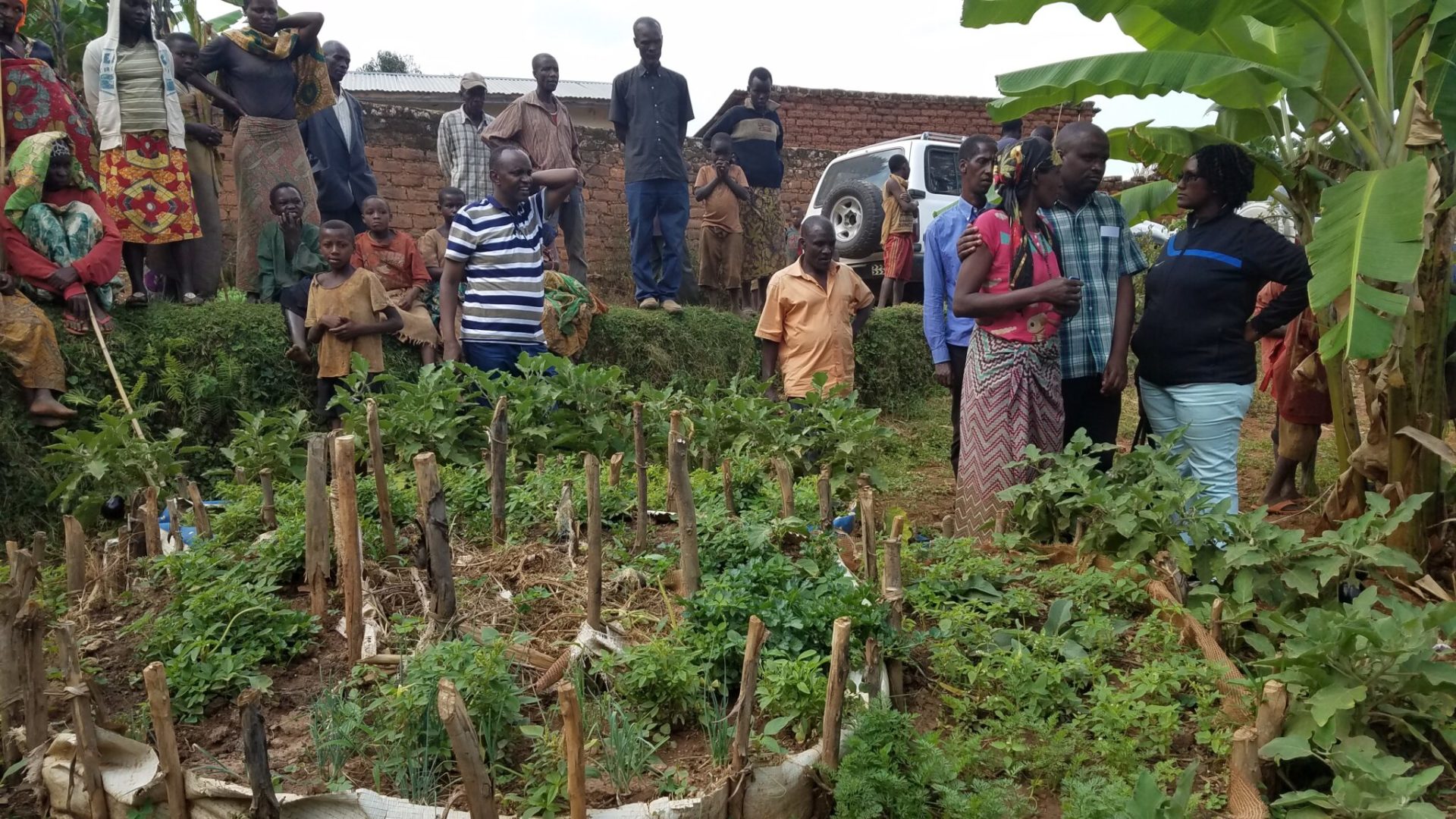We often overlook the way nature teaches us about God
It’s not uncommon to hear people explain how a little time in nature helps people feel closer to God. But the idea of spending time in nature as a spiritual discipline can still be startling for many people.
“I used to laugh at people who called nature a church,” wrote music artist Audrey Assad. “It mystified me. I understand now; the trees are priests, too, and they require no blood for their rituals. The forests are carpeted with healing organisms that funnel nourishment to the sick plants among them.”
Early theologians often argued that nature was practically a “book” and that studying God’s creations would lead to a deeper knowledge of God. Tertullian wrote that “We conclude that God is known first through Nature, and then again, more particularly, by doctrine; by Nature in His works, and by doctrine in His revealed word.”
We have an endless amount of opportunities to learn about God.
We are surrounded by lessons on how to love God and love each other. Of all these, Scripture of course plays the biggest role. But the world around us was also spoken into existence by God. We don’t need to choose one-over-the-other in our spiritual growth.
Our natural environment doesn’t just teach us about Creation in an academic sense, although it can. It leads us towards an appreciation of God’s glory. It can help us nurture the fruits of the spirit. The sense of wonder that nature sparks can inspire personal dedication to God.
In other words, when Psalm 19 states that “the heavens declare the glory of God,” it reminds us that the goodness of creation points towards the goodness of the Creator.

Calls for us to learn from nature are found all over Scripture
Scripture itself makes the point that nature is such a compelling teacher that those without access to Scripture can still discover God’s power and divine nature through creation.
For since the creation of the world His invisible attributes, His eternal power and divine nature, have been clearly seen, being understood through what has been made, so that they are without excuse.
Great works of art tell us a lot about the people who made them. The same is similarly true of God. From the very beginning, the world around us remind us that there is something holding it all together. Something divine and powerful. We can recognize power in the strength of a river, faithfulness in the return of seasons year after year. We can see love displayed by the harmonious way parts of an ecosystem interact.
Followers of Christ are invited to practice eco-discipleship.
God calls us to not only learn about Creation, but to learn from Creation.
Eco-disicipleship is our opportunity to explore how Christ’s Good News applies to all of creation. We can learn from the way nature behaves. We can practice working with the land ourselves. Furthermore, we can practice listening to those whose lives are more integrated with nature, like farmers or indigenous people. We can also simply walk in a place teeming with natural beauty impossible to ignore, and let that stillness lead us into worship.
After all, even God found it important to take in the beauty of Creation. After creating our universe, He took the time to step back and acknowledge that it was good.
If God took the time to do this, certainly, it's important for us to do the same.

Jesus often invites us to learn from wildflowers and common birds
All elements of Creation ultimately point us back towards our Creator
“Consider how the wildflowers grow,” Jesus instructed. “They do not labor or spin, yet I tell you, not even Solomon in all of his splendor was dressed like one of these. If that is how God clothes the grass of the field, which is here today, and tomorrow is thrown into the fire, how much more will he clothe you– you of little faith!”
In this passage (Luke 12: 27-28), Jesus invites his followers to take a lesson from even the more mundane examples of nature. Wildflowers were common. They exist all over the place without special care. Yet Jesus urged us to take a closer look. We can see how even short-lived blades of grass are well-decorated and intricate.
This verse, along with others like Matthew 10:29, where Jesus says that God recognizes every sparrow that falls to the ground, speak to our anxieties. Running into worries and uncertainties is something each person faces at one point or another, but we are in good hands.
When we find it hard to remember that, we can see examples of this all over Creation.
Much of what we’re learning through scientific study is further confirming that spending time in nature is good for our souls. A study in the United Kingdom last year found that even taking just two hours each week to enjoy nature- be it a beach, the woods, or a park, results in better physical and mental health. And this lasts! In addition, another study from Denmark additionally revealed that kids who have access to parks typically grow up into more satisfied and fulfilled adults.
Christ said that He came so we could have life- life to the full. It’s hard to look around nature without seeing how life is resilient. Ecosystems are generous. And all of nature is oriented towards passing life forward from one generation to the nest.
Plant With Purpose promotes eco-discipleship both locally and globally! Around the world, group members learn about God through their natural land. Members might attend modules like the Theology of Work. To lend some support, follow this link.




















Impressive study. Want to learn more from nature. Makes me appreciate my God.
Inspiring and illuminating about God's Nature. This is my calling
I find your website profoundly beneficial at this point in time of climate change crisis